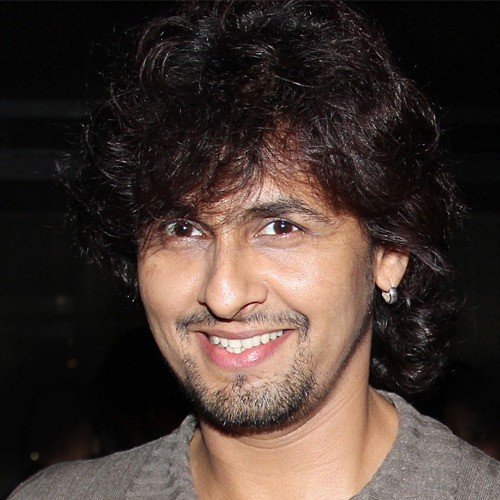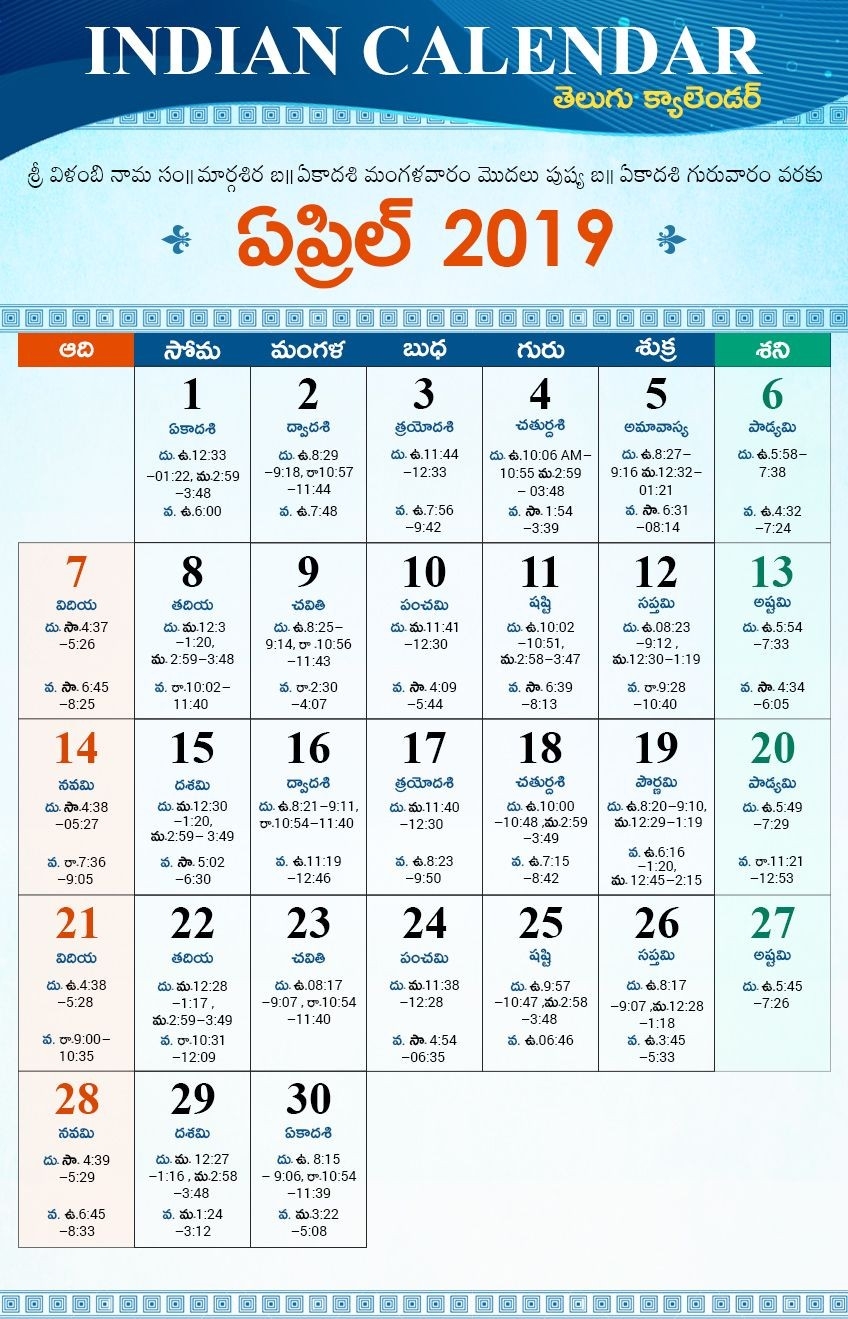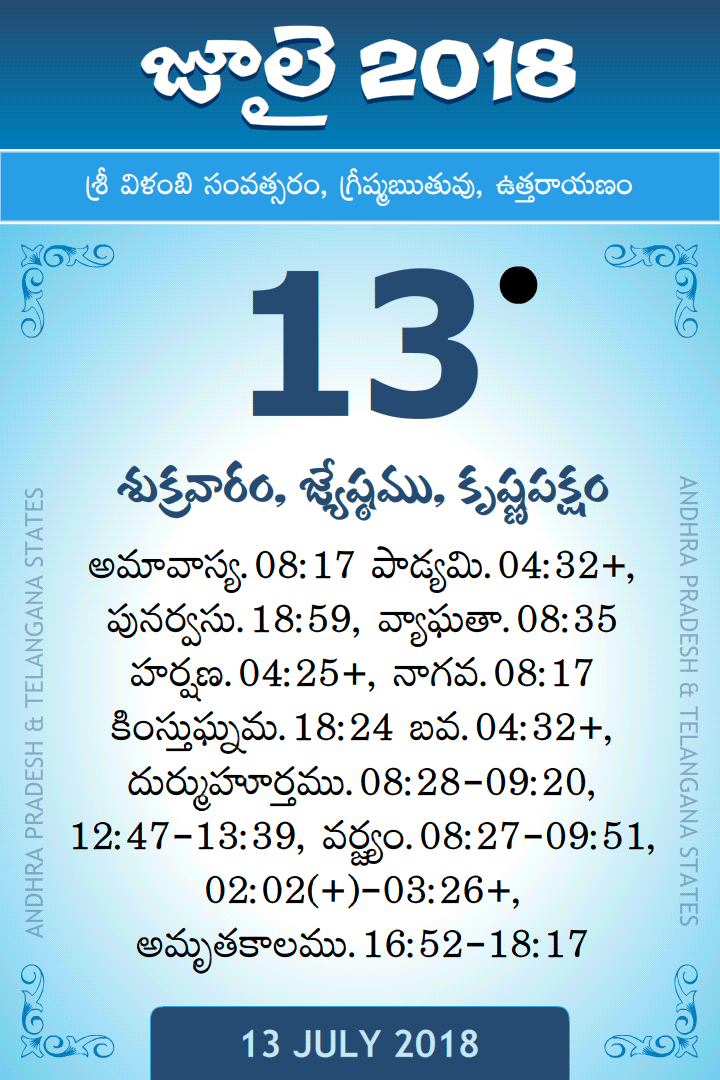

Wear the poonal in the left mode, take little ellu(black gingelly) Mode), touch water with finger(Apa Upasprishya), change position of poonal to right shoulder(left mode)) (Upaveeti)ĥ.Avahanam for pithru varga(Fathers side) (Pracheenaveeti) Change position of poonal to the left shoulder(usual (throw away the Durbha (Katta Dharbhai only) held round the fingersĪlong with Pavithram. Mother of maternal grand father) Namneenaam, vasu-rudra –adithya swaroopa asmad mathamahi - mathuh pithamahi, mathuh prapithamaheenam Ubhaya vamsa pithrunaam akshayya thripthyartham amavasya punya kale Thila tharpanam karishye. Mathru - pithamahi-Prapithamahinaam, (Your maternal grand father’s gothram) gothraanaam (names of maternal grandįather, his father and his grand father) Sharmanam vasu –rudra -adithya swaroopanam asmad mathamaha, mathuh pithamaha, mathuh prapithamahanaam, (Your maternal grand father’s gothram) gothranaam (Names of maternal grand mother, maternal great grand mother, Grand Grand mother, great grand mother ) Namneenaam Pithru –Pithamaha-PraPitamahanam, (your Gothram) Gothranaam (Names Of father, grand father, great grand father) ** Sharmanam, Vasu-Rudra-adithya swaroopanam asmad ( Change the position of poonal from left shoulder to right shoulder(LEFT

Guna viseshana visishtayam asyam (Name of the thidhi) Punya thithou, Of the day in Sanskrit) vasra yukthayam (name of the star in Sanskrit) nakshatra yukthayam Shubha yoga –Shubha karana, Evam (name of the season) rithou, (name of the month in Sanskrit) mase, (Krishna/shukla) pakshe, Adhya (Name of the thidhi-moon phase) Punya thithou (name Padhe ,jambu dweepe, Bharatha varshe, Bharatha Khande, Mero Dakshine Parshwe, Shakabde asmin vartamane vyvaharike Prabhavadeenam sashtyaha samvatstaranam madhye (name of the year) Nama samvatsare, (dakshina./uttara ayane, Kalpe Vaivaswatha manvantare Ashta vimshatitame kaliyuge prathame

Sri Rama smarane naiva vyapohathi na samsayahĪdyaShri Bhagavataha maha purushasya Vishnoragnaya pravarthamanasya Adya Brahmanaha Dweethiya parardhe Shweta Varaha Manasam vachikam paapam karmana samuparjitham Ya smareth pundarikaksham sa bahya abhyanthara Vignam nignanti satatam vishvaksenam thamashraye. Prasanna vadanam dhyayeth sarva vighna upashanthaye Vruni mahe cha tatradyou dampathi jagatham pathiĤ.Shuklam baradharam vishnum shashi varnam chadur Vedanthacharya varyo me sanni datham sada hruthiĢ.Gurubhyah tad gurubyascha namo vakam idemahe, Om Tatsa vithur varenyam Bargo devasya dhi mahi dhiyo yona prachodayath With Akshadai and put the Akshadai in your head and wear the Pavitram in yourīoth Nostrils with Thumb and the little and third finger of the hands and Touch with the middle finger both shoulders saying Sreedhara-Hrishi kesha

This period is totally dedicated and earmarked for worshipping departed souls (fore fathers).Take minute quantities of water(just sufficient to soak one grain ofīlack gram) three times in the right hand and take it with the following manthra.ġ.Om Achyuthaya namah 2,Om Ananthaya namah 3.Om Govindaya namahįinger both sides of nose saying Vishnu-Madhusoodana This period of 15 days (fortnight) is called as Pithru Paksha or Apara Paksha or Paksha Masam when Sun will be in Kanya (Virgo) raasi in the zodiac. This worship is held for a period of 15 days during the waning period (dark period) of Moon in the second fortnight called as Krishna (Bahula) Paksham during Bhadrapada Masam that generally occurs in the months of September - October. As we approach towards the middle of Bhadrapada Masam as per the Lunar Calendar, it is time for us to worship the departed souls (fore fathers). We find many sacred texts (Puranas) like Garuda Purana, Vayu Purana, Agni Purana, Mastya Purana, Markandeya Purana etc referring about the sacred rites to be performed to forefathers and its merits and also implications of not performing. This is where Vedas/Upanishads come into picture and prescribes certain rituals to be performed in a Vedic way to please not only the forefathers but also the Pithru Devathas. One may get a doubt as to how one can serve his parents after their death.


 0 kommentar(er)
0 kommentar(er)
